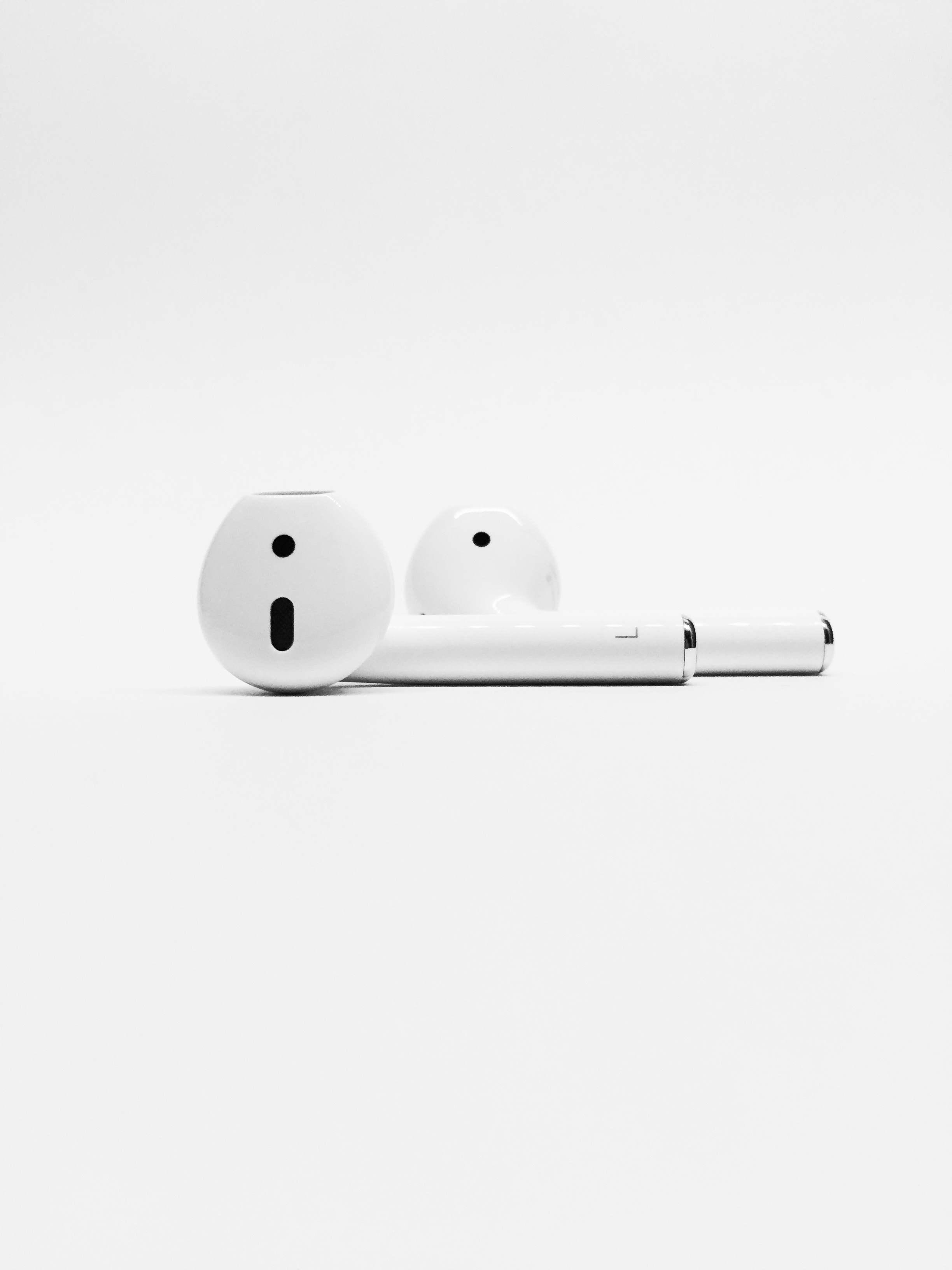If you think smart tech is making you dumber, think again.
Smart tech has taken a great deal of flak in recent years, with some critics claiming that it is detrimental to human intelligence. However, a recent study at the University of Cincinnati (UC) may just prove them wrong. Findings from this study indicate that suggestions about smartphones making people dumber are simply a myth.
No evidence to suggest smart tech lowers cognitive ability
Indeed, smart devices have profoundly changed the way we live. It has increased our productivity one hundredfold – but is our increasing dependence on them making us less intelligent?
According to social and behavioral expert Anthony Chimero, there is no scientific evidence that digital technology like smartphones and other mobile devices harms cognitive ability. Yet critics are quick to suggest that since we rely on smartphones to do nearly everything, it has put a damper on resourcefulness and creative thinking.
In a paper authored by Chemero, University of Toronto (UT) Ph.D. candidate Lorenzo Cecutti, and other experts at UT’s Rotman School of Management, mobile devices featuring smart technology were noted to “rewire” the way people think – but in a good way.
Throughout the course of the study, smart tech changes the way individuals engage with their innate cognitive abilities. For example, a map interface running on one’s phone enables a user to locate a specific address without the hassle of finding and going over a map or approaching strangers for directions.
Study: Smart tech makes us well, smarter
Critics claim that this essentially dumbs down the human brain, but Cecutti begs to differ. In this context, smart technology actually enables the brain to make smarter, better-considered decisions. Rather than serving as a crutch, mobile devices and personal computers are tools that aid in making more complex calculations, memorization, and archiving information.
Going back to the map example, one not only gets the coordinates of the address where they want to go. Additional information such as the state of the weather and traffic conditions will also enable the driver to make better decisions on which route to take in terms of time, distance, and convenience.
For his part, Chemero feels that smart tech helps augment the human brain, optimizing the way we think, and actually helping us to become wiser and more prudent with regard to daily living.
“[Supplemented by smart technology, we] are capable of accomplishing…more complex tasks,” he says.
The results of the Chimero-Cecutti study essentially contradict the findings of an earlier study conducted by the late Dr. Dan Kaufer, MD of the University of North Carolina, wherein smartphones were said to have a negative effect on cognition.
Kaufer, who passed in July last year, stated that smartphones and similar devices were a “shallow way” of accessing information. He also went so far as to say the excessive use of mobile devices impaired a person’s social and emotional skills, causing them to be socially awkward and unable to engage in deeper relationships with others.














